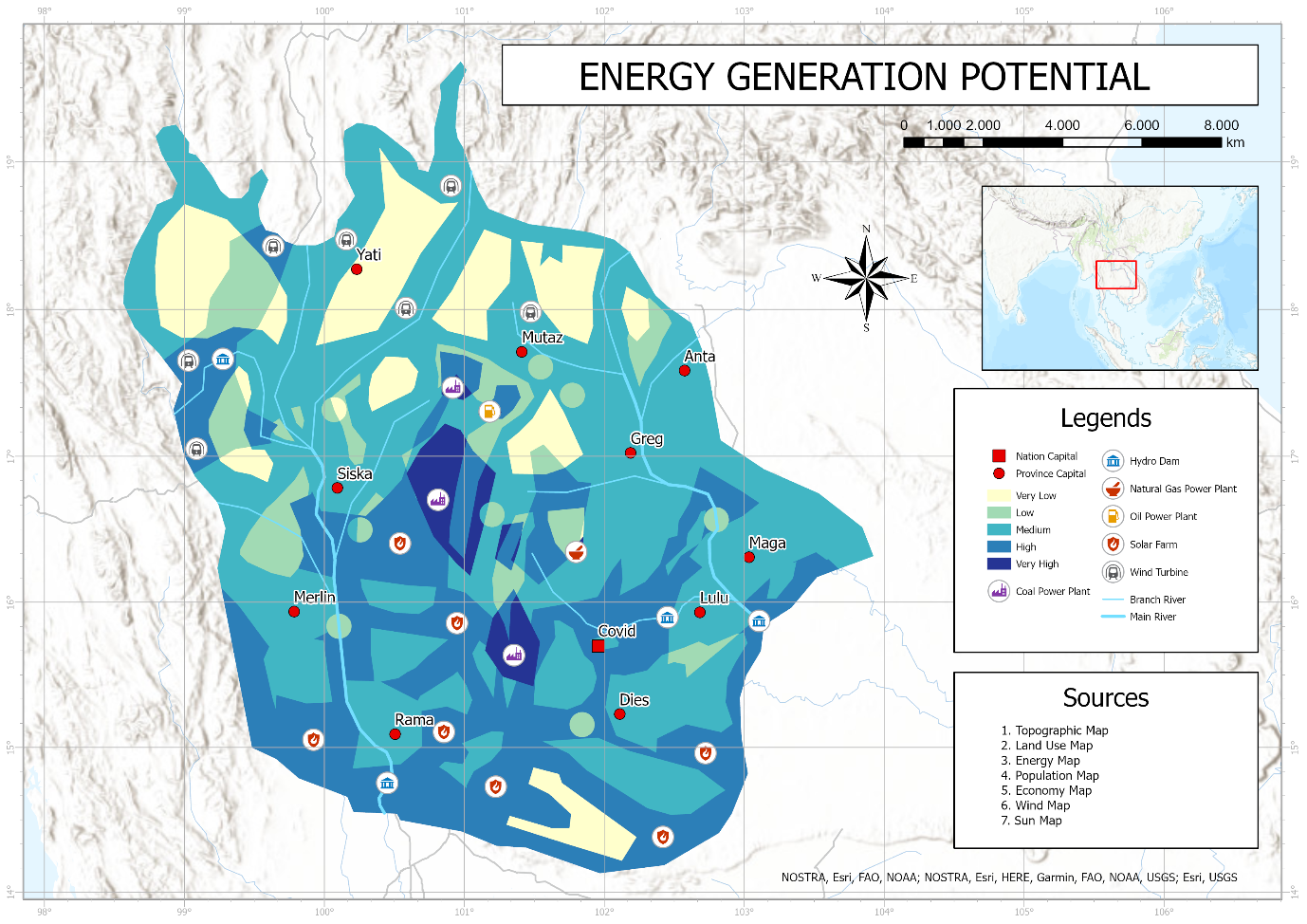“AUN-KU Winter Seminar on Human Security Development and Energy Science” is co-organized by the Graduate School of Energy Science (GSES) of Kyoto University and the ASEAN University Network-Kyoto University Student Mobility Program toward Human Security Development. It is designed for undergraduate students to study the concept of Human Security Development (HSD) and Energy Science. The main theme of this seminar is energy development, which is an important issue in Human Security Development. The participating students are expected to deepen their knowledge on human security development and energy science with the prospect of finding solutions to technological, socio-economic, and political issues in Asia specifically. The seminar will offer lectures and class discussions as well as organize field trips and cultural events. Applicants are not limited to engineering, economics, or science – all fields are welcome.
The seminar’s participant was from various universities in South East Asian Countries such as Indonesia, Malaysia, Brunei, Thailand, etc. To attend, there would be selection by each university, e.g., Universitas Gadjah Mada selected 3 students from many applications based on many criteria. One of selected participant was Ramadhan from Cartography and Remote Sensing, Faculty of Geography. The seminar supposed to be held in Kyoto, Japan but considering COVID-19 pandemic that have running for a year, there’s an alternative method to conduct the event. The seminar was held from 12 to 22 January 2021 online via Zoom Meeting platform, full days with some break in the middle. Everyday, there would be 2 lectures based on energy science: energy situation, energy efficiency, light energy, renewable energy, etc. which accumulated for 10 lectures that filled by many great professors from GSES. There was also quiz tournament, workshop, origami class, and campus tour to fill the remaining schedule.
The seminar resembled a winter school, so there were grading and scoring just like real school. Which also mean, the result of the program could be used as college credits. There would receive assignment and submitted it within their platform. The main event of this seminar was group presentation. There were 32 students that divided into 6 group which will be tasked to create energy planning into 2030 of a fictional nation which the data of every variable would be provided. Ramadhan’s group was filled by student from UI, ITB, Universiti Malaya, and University of Yangon which have multiple background of study. The group then expected to deliver their research project on the final day of seminar. Ramadhan’s group presentation title was Republic of Corona 2030 Energy Planning. Due to Ramadhan background in geography, Ramadhan have made multiple fictional maps, ranging from topography, climate, and socio-economic to help visualize and plan the energy generation of the country in 2030 which the final result is energy generation potential map. Ramadhan’s group presentation was 2nd best on the whole program.

Reported by:
Ramadhan
Cartography and Remote Sensing Study Program
Faculty of Geography
